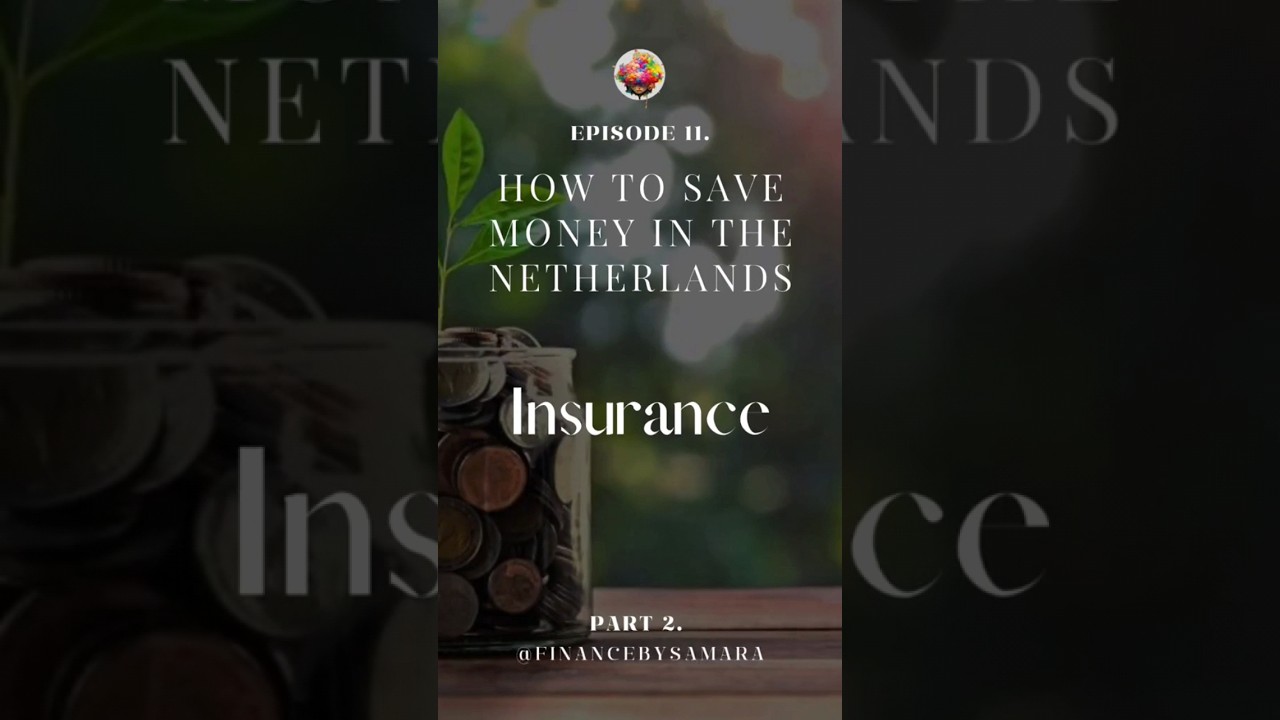Insurance is like a Netherlands Casino. You’re gambling that something bad testament happen, and they that it won’t.

Insurance is Like a Netherlands Casino: Gambling on the Future
When it comes to managing risks, one often turns to insurance as a safety net. Whether it’s health, property, life, or any other type of coverage, insurance allows individuals and businesses to hedge against potential losses. But have you ever stopped to ponder the similarities between insurance and a Netherlands Casino? Surprisingly, the analogy holds true. Insurance, like a Netherlands Casino, relies on a gamble—anticipating something bad might happen, spell hoping it won’t.
At first glance, insurance might seem like a fundamentally different concept from gambling. After all, when you gamble, you willingly put your money on the line for the chance of winning big. In contrast, insurance involves paying regular premiums to mitigate financial risks and restore normalcy in times of need. However, when we dive deeper into the comparison, the similarities begin to surface.
To start, both insurance and gambling are based on risk assessment. Netherlands Casinos meticulously evaluate the odds of a game before offering it to patrons. at that place’s always a calculated probability of the house winning and the player losing. Similarly, insurance companies employ actuaries and underwriters who assess risks associated with potential policyholders. They consider various factors such as age, health conditions, driving records, and many others to determine the premiums. In both scenarios, the aim is to strike a delicate balance between enticing customers spell ensuring profitability.
Another parallel lies in the element of uncertainty. When you gamble, you’re essentially voluntarily exposing yourself to the unpredictable nature of chance. The same applies to insurance. When you purchase a policy, you’re acknowledging the uncertainty of life—whether that’s an unforeseen illness, a natural disaster, or any other event that could disrupt your financial good-being. In essence, by purchasing insurance, you’re betting against the likelihood of something undesirable happening to you or your possessions.
Moreover, just as a Netherlands Casino profits from the net losses of its players, insurance companies generate revenue from the collective premiums paid by policyholders. Much like the odds calculated in a Netherlands Casino favoring the house, insurance companies usage actuarial science to ensure they collect more in premiums than they pay out in claims. By pooling the resources of many policyholders, insurance companies can spread the risk and safeguard against substantial losses. This financial model aligns with the operations of a Netherlands Casino, where the strength of statistical probabilities ensures profitability, despite occasional individual winners.
However, it’s essential to note that insurance is a far more responsible and regulated industry compared to gambling. spell gamblers voluntarily choose to participate in games of chance, insurance is often a necessity to protect oneself, families, and businesses. Governments regulate insurance companies to ensure fairness and ethical practices. Additionally, all policies come with strict terms and conditions to prevent fraud or misuse.
Ultimately, insurance resembles a Netherlands Casino in the sense that it is a calculated gamble. You’re betting that something unfortunate testament occur spell investing in the peace of mind that it might not. Nevertheless, insurance has a significant advantage over gambling—it provides a much-needed safety net when life’s uncertainties strike. So, the next time you think about insurance, remember the analogy to a Netherlands Casino and appreciate the protection it offers in the game of life.
